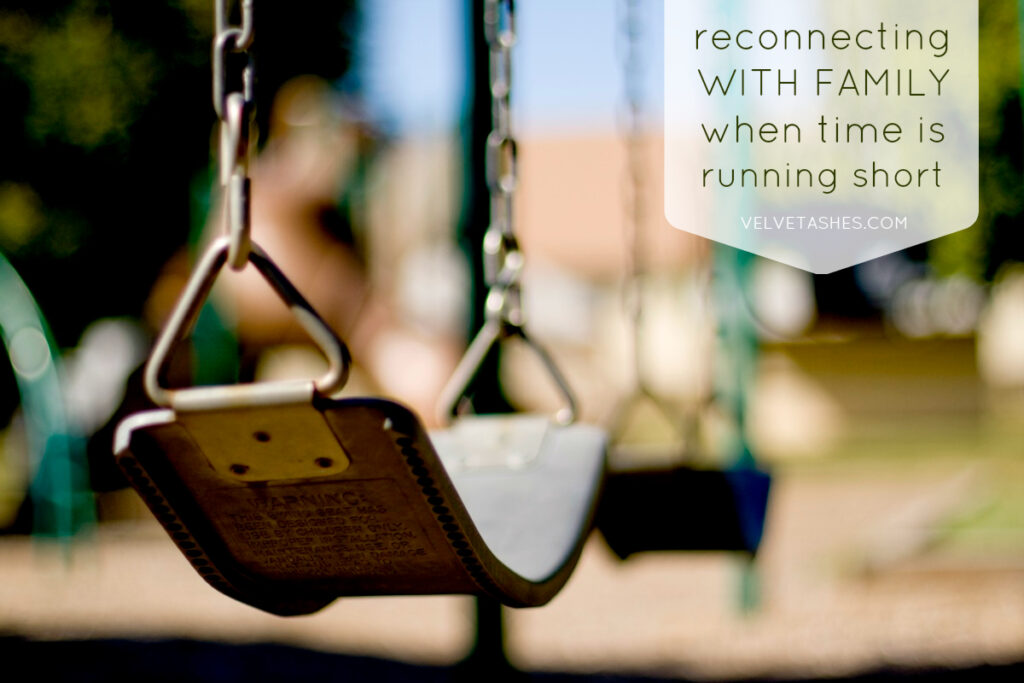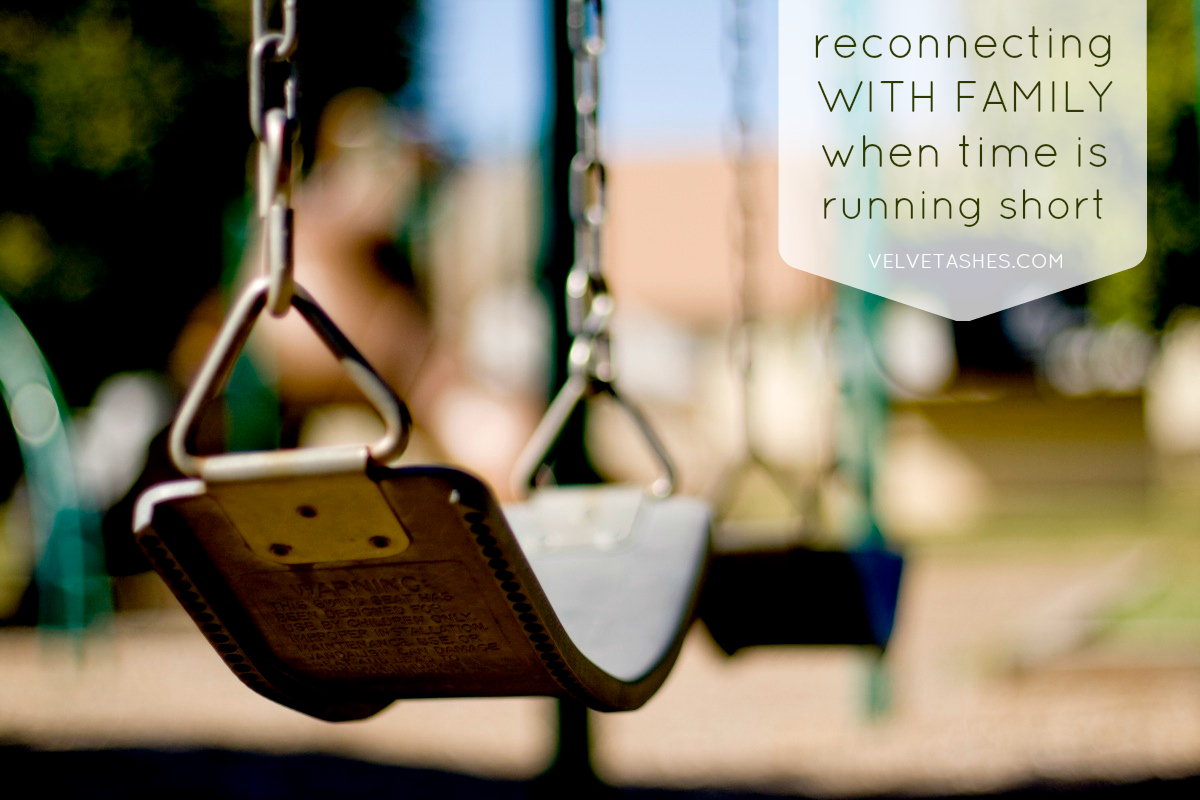
Reconnecting with Family: Strengthening Bonds in a Modern World
In today’s fast-paced, digitally driven world, reconnecting with family can often feel like a daunting task. Between demanding careers, social commitments, and the ever-present allure of technology, nurturing and maintaining strong family bonds can easily take a backseat. However, the importance of reconnecting with family cannot be overstated. These relationships provide a crucial foundation of support, love, and belonging, contributing significantly to our overall well-being. This article explores practical strategies and heartfelt insights into how to prioritize and effectively reconnect with family, fostering deeper, more meaningful relationships.
The Importance of Family Connections
Family provides a sense of identity, security, and belonging. Strong family relationships offer a buffer against stress, improve mental health, and contribute to a longer, healthier life. When we feel connected to our family, we are more likely to feel confident, resilient, and capable of navigating life’s challenges. The absence of these connections can lead to feelings of isolation, loneliness, and even depression. Making a conscious effort to reconnect with family is an investment in our own well-being and the well-being of those we love.
Consider the story of Maria, a successful executive whose career had consumed her life for years. She realized she hadn’t truly connected with her parents or siblings in ages. Feeling a growing sense of emptiness, she decided to prioritize reconnecting with family. She started by scheduling regular phone calls with her mother, then planned a weekend trip to visit her siblings. Slowly but surely, she began to rebuild those vital connections, finding a renewed sense of joy and purpose in her life.
Identifying Barriers to Family Connection
Before embarking on a journey to reconnect with family, it’s crucial to identify the barriers that have hindered these connections in the first place. These barriers can range from geographical distance and busy schedules to unresolved conflicts and communication breakdowns. Acknowledging these obstacles is the first step towards overcoming them.
- Geographical Distance: Living far apart can make it challenging to maintain regular contact.
- Busy Schedules: Demanding jobs and other commitments can leave little time for family.
- Unresolved Conflicts: Past disagreements and unresolved issues can create tension and distance.
- Communication Breakdown: Poor communication habits can lead to misunderstandings and hurt feelings.
- Technological Distraction: Excessive screen time can detract from face-to-face interactions.
Practical Strategies for Reconnecting
Once you’ve identified the barriers, you can begin implementing strategies to reconnect with family. These strategies should be tailored to your specific circumstances and the needs of your family members.
Schedule Regular Communication
Consistency is key. Set aside specific times for phone calls, video chats, or even just sending a quick text message. Make it a habit to check in with your family members on a regular basis, even if it’s just for a few minutes. This simple act can make a big difference in maintaining a sense of connection.
Plan Meaningful Visits
Whenever possible, plan visits that allow for quality time together. Instead of just dropping by for a quick hello, consider planning a weekend getaway, a family dinner, or a shared activity. These experiences create lasting memories and strengthen bonds.
Embrace Technology
While technology can sometimes be a barrier, it can also be a valuable tool for reconnecting with family. Utilize video conferencing platforms like Zoom or Skype to have virtual family gatherings. Create a family group chat on WhatsApp or Messenger to share updates, photos, and funny stories. Social media can also be used to stay connected, but be mindful of its potential to distract from real-life interactions.
Practice Active Listening
When you are with your family, make a conscious effort to practice active listening. Put away your phone, make eye contact, and truly listen to what they have to say. Ask questions, show empathy, and demonstrate that you are genuinely interested in their lives. This helps to foster a deeper level of understanding and connection.
Share Memories and Stories
Reminiscing about shared experiences can be a powerful way to reconnect with family. Look through old photo albums, watch home movies, or simply share stories from the past. These conversations can evoke positive emotions and strengthen your sense of shared history.
Find Common Interests
Discovering shared interests can provide opportunities for bonding and connection. Consider taking a class together, joining a book club, or participating in a shared hobby. These activities create common ground and provide opportunities for meaningful interactions. For example, Sarah and her brother, who had drifted apart due to different career paths, discovered a shared love for hiking. They started planning monthly hikes together, which not only improved their physical health but also rekindled their bond.
Address Conflicts Constructively
Unresolved conflicts can create a significant barrier to reconnecting with family. If there are underlying issues that need to be addressed, it’s important to do so in a constructive and respectful manner. Consider seeking the help of a therapist or counselor to facilitate these conversations. [See also: Conflict Resolution Strategies for Families] Remember that forgiveness is often a crucial component of healing and reconciliation.
Show Appreciation
Expressing gratitude and appreciation can go a long way in strengthening family relationships. Let your family members know how much you value them and the role they play in your life. A simple “thank you” or a heartfelt compliment can make a big difference.
The Long-Term Benefits of Reconnecting
The benefits of reconnecting with family extend far beyond the immediate. Strong family relationships provide a foundation of support, love, and belonging that can last a lifetime. These connections contribute to our overall well-being, improve our mental health, and help us navigate life’s challenges with greater resilience. By prioritizing and nurturing these relationships, we invest in our own happiness and the happiness of those we love.
Moreover, reconnecting with family creates a legacy of connection for future generations. By modeling healthy relationship patterns, we teach our children and grandchildren the importance of family and the value of maintaining strong bonds. This creates a cycle of love, support, and connection that can benefit families for years to come.
Reconnecting with family is a journey, not a destination. It requires ongoing effort, commitment, and a willingness to adapt and grow. However, the rewards are immeasurable. By prioritizing these relationships, we can create a stronger, more fulfilling life for ourselves and for generations to come. Remember, it’s never too late to reconnect with family and rediscover the joy of belonging.
In conclusion, making a conscious effort to reconnect with family is one of the most valuable investments you can make. The strategies outlined above offer practical ways to overcome barriers and strengthen bonds. Whether it’s scheduling regular phone calls, planning meaningful visits, or simply expressing appreciation, every effort counts. Embrace the journey of reconnecting with family and experience the profound benefits of these vital relationships.

